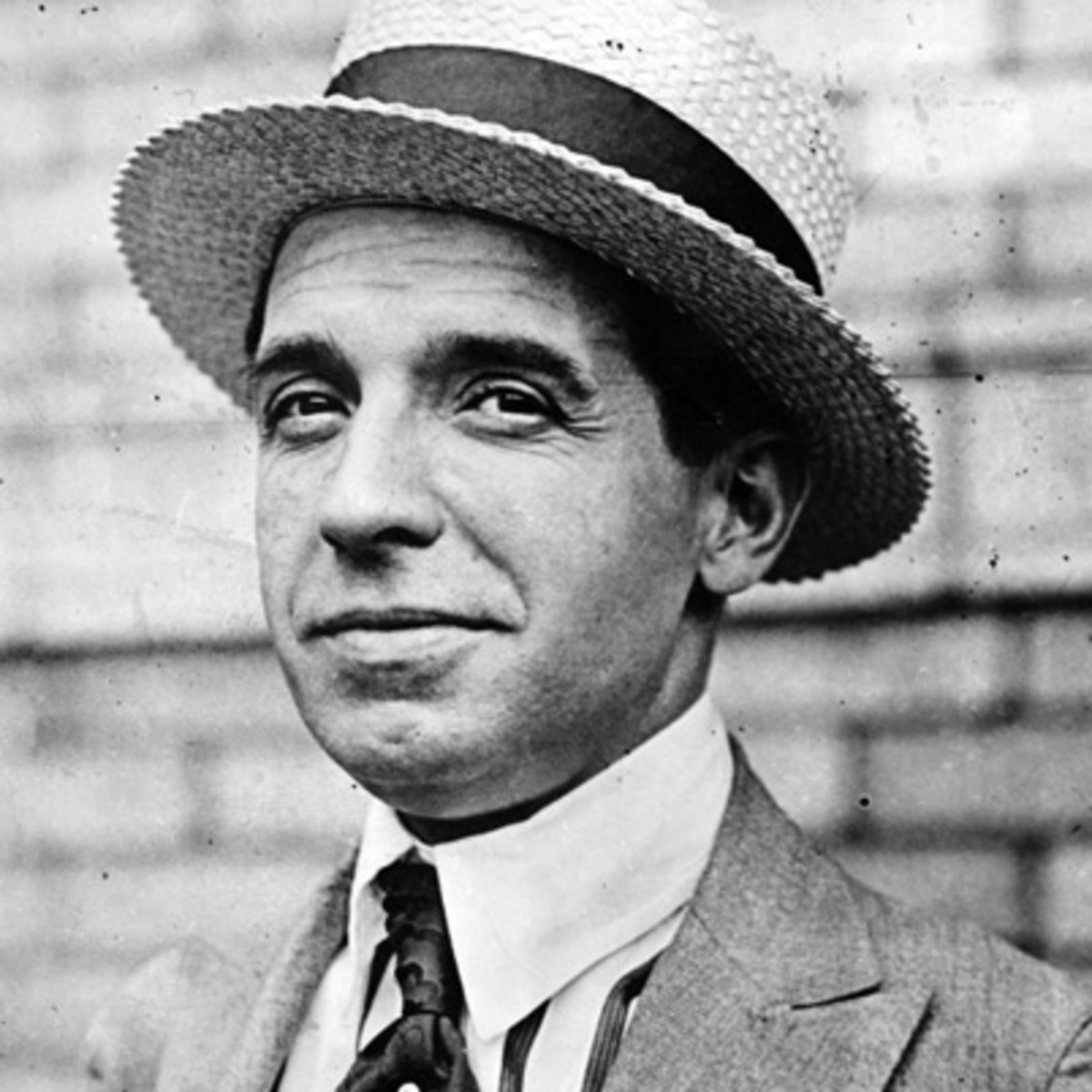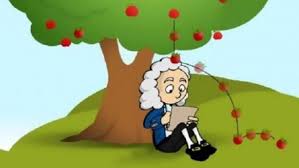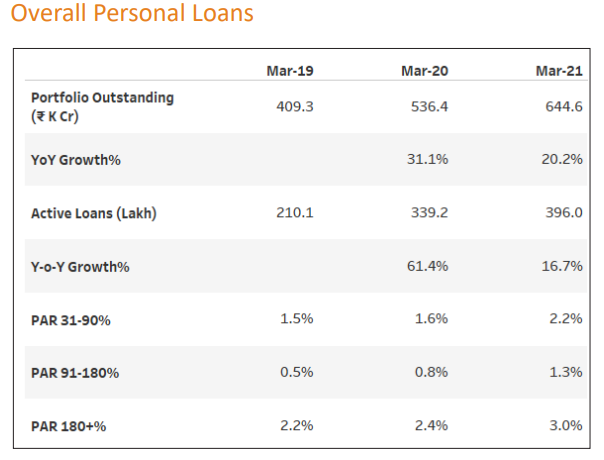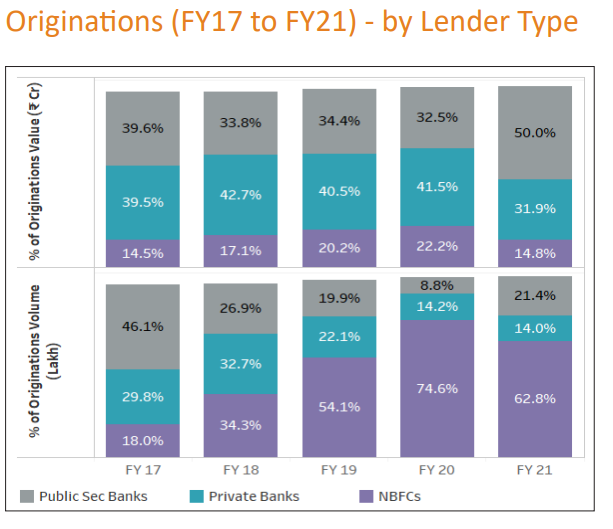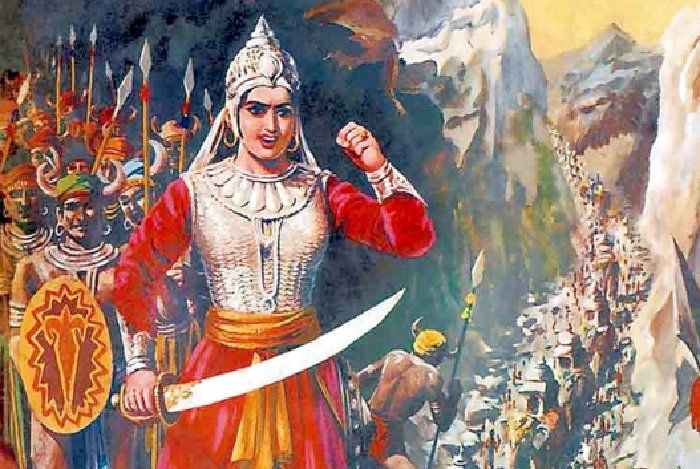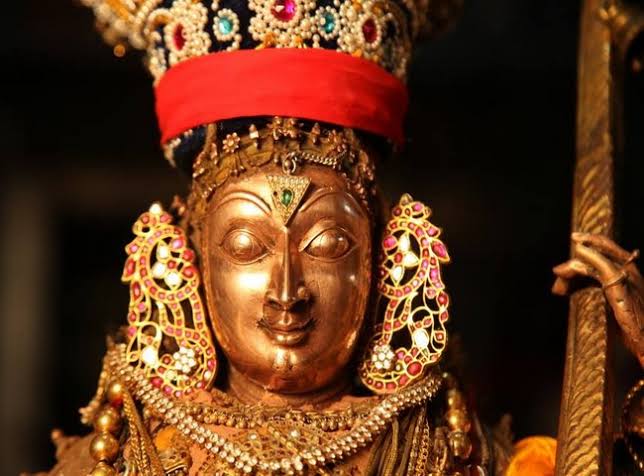The British Railway Mania
How a disruptive technology created the biggest speculative bubble in the history of England
/THREAD/

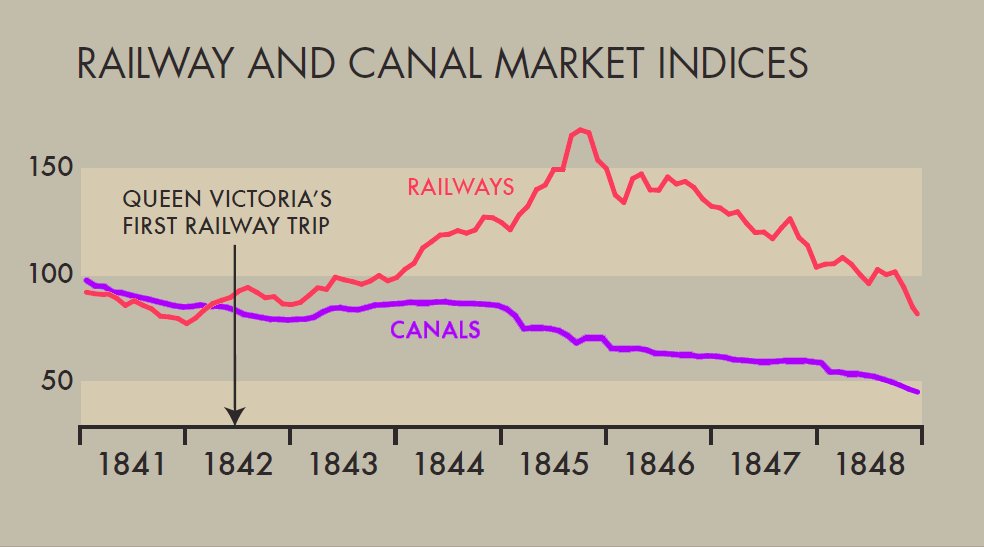
*For more on the South Sea Bubble see below
👇👇👇
https://t.co/ggB2vFv9Ha
Isaac Newton: A brilliant scientist, a terrible investor
— Kostas \U0001f468\u200d\U0001f4bc \U0001f4c8 \U0001f4b8 (@itsKostasWithK) January 10, 2021
How Issac Newton lost $4 million due to the first stock market bubble in history and insider trading
/THREAD/ pic.twitter.com/uCU0zDVyw9
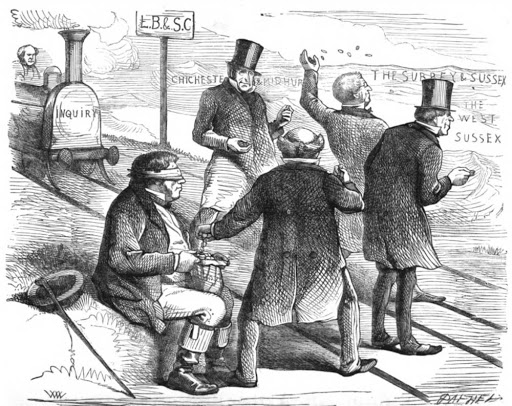
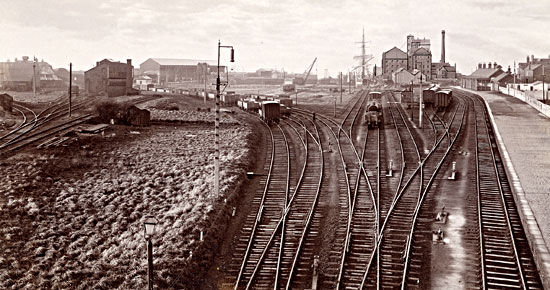
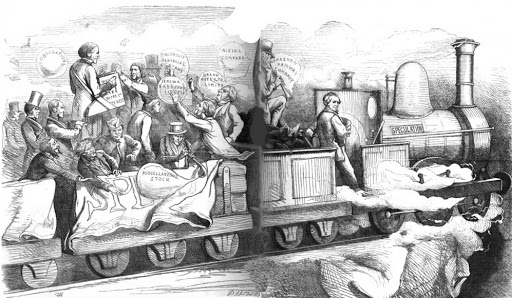
Most notable among them was George Hudson who operated 1/3 of the railway lines.
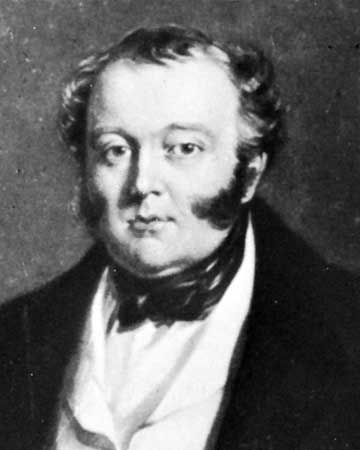
In 1845, investors started realizing the financial viability of many projects was not guaranteed and the investments were not as lucrative as they had initially thought.
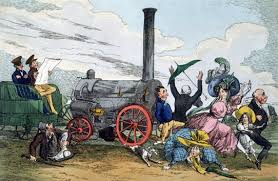
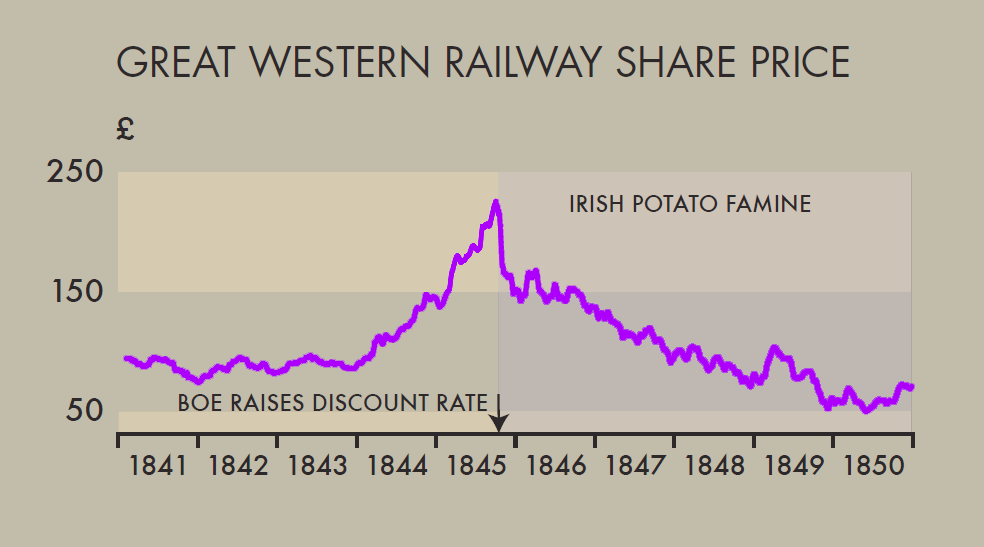
The shares of the railway companies dropped below half of their peak price, with dividend rates slashed to 2%.
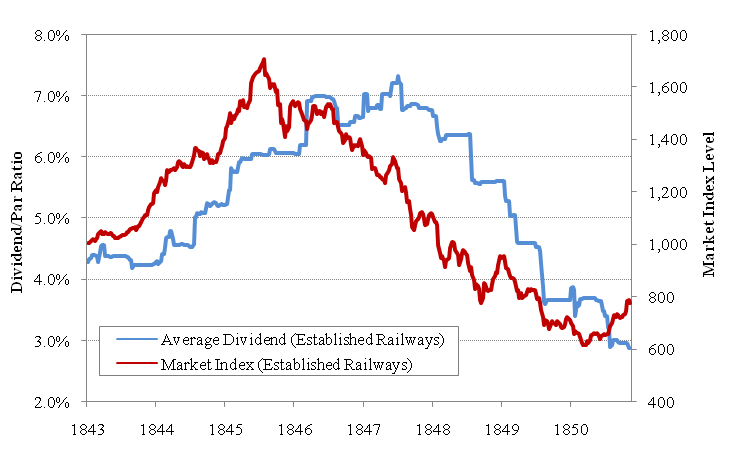
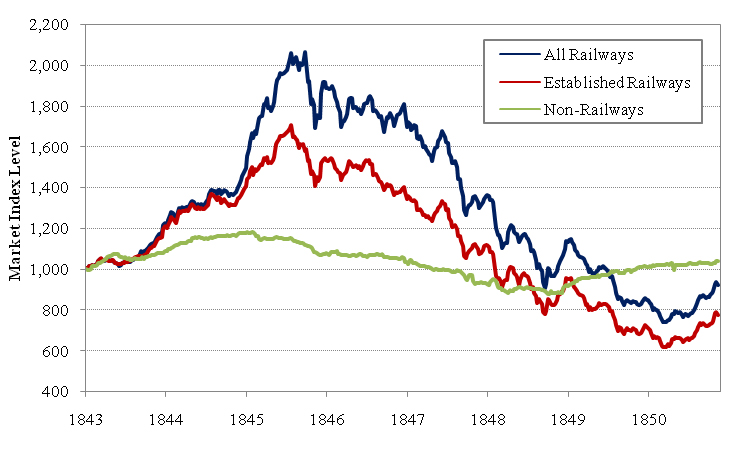
Hudson, also a member of the British parliament, had engaged in bribery, embezzlement, and insider trading.
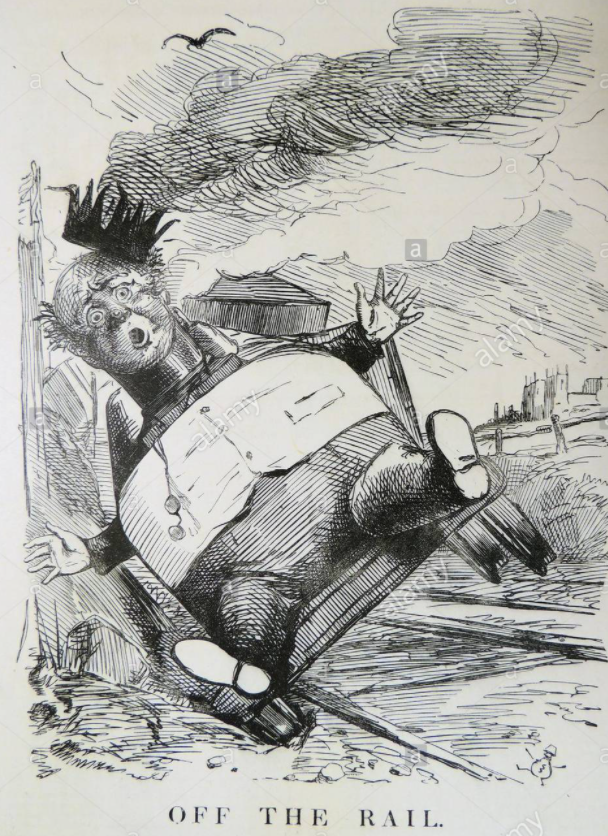
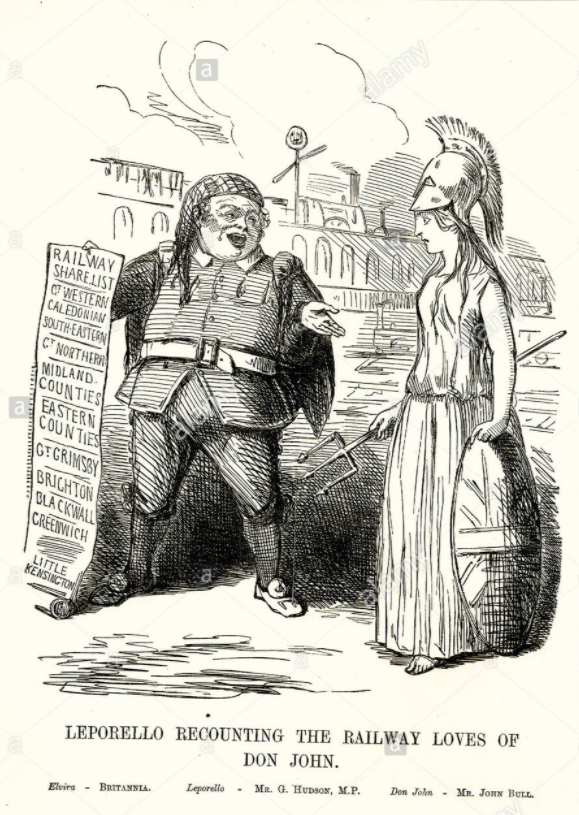
/END/

https://t.co/oBjT1zycin
The British Railway Mania
— Kostas \U0001f468\u200d\U0001f4bc \U0001f4c8 \U0001f4b8 (@itsKostasWithK) January 14, 2021
How a disruptive technology created the biggest speculative bubble in the history of England
/THREAD/ pic.twitter.com/QmdO72gQMy
https://t.co/6o3A2IQCMs
List of Educational Threads on Financial Independence and Investing for Beginners#FinancialIndependence #financialeducation #financialfreedom #investing
— Kostas \U0001f468\u200d\U0001f4bc \U0001f4c8 \U0001f4b8 (@itsKostasWithK) January 3, 2021
1/ Financial Freedomhttps://t.co/8j5KG5ioFK
More from Kostas 👨💼 📈 💸
/THREAD/
1. Review your expenses and make a budget
It will help you see where you overspend, make a plan to save, pay down debt and start
Budgeting, the 50-30-20 rule, and the envelope method
— Kostas \U0001f468\u200d\U0001f4bc \U0001f4c8 \U0001f4b8 (@itsKostasWithK) January 6, 2021
Your first step towards financial independence
/THREAD/ pic.twitter.com/Tmuc3Itca5
2. Set your investing and retirement goals
How much do you need to support yourself in retirement and when do you want to
The most important number for your retirement: The 4% rule
— Kostas \U0001f468\u200d\U0001f4bc \U0001f4c8 \U0001f4b8 (@itsKostasWithK) January 7, 2021
What Is the Four Percent Rule?
/THREAD/ pic.twitter.com/8n1R1UZI5c
3. The earlier you start investing, the better.
Here's why and how time and compounding can become your
The Miracle of Compound Interest and the Rule of 72
— Kostas \U0001f468\u200d\U0001f4bc \U0001f4c8 \U0001f4b8 (@itsKostasWithK) January 2, 2021
//THREAD// pic.twitter.com/AOqd3kL6cn
4. Invest in an index fund
It's easy, safe, cheap, and the best choice for a beginner in investing, with not much time for
Jack Bogle, the Father of Indexing
— Kostas \U0001f468\u200d\U0001f4bc \U0001f4c8 \U0001f4b8 (@itsKostasWithK) January 8, 2021
How John "Jack" Bogle's creation impacted investors more than Bill Gates, Steve Jobs, and Warren Buffett combined
/THREAD/ pic.twitter.com/4wPi8x3cXn
How Volkswagen went from being on the brink of bankruptcy to the most valuable company in the world in two days
/THREAD/
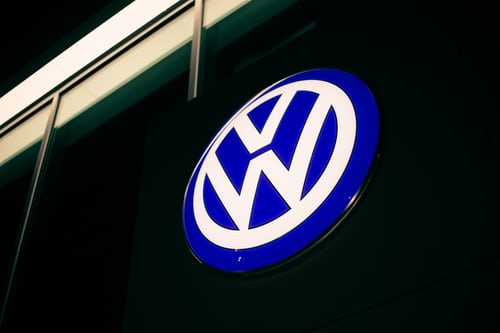
1/ At the peak of the 2008 financial crisis, Volkswagen was considered a very likely candidate for bankruptcy.
Heavily indebted and already financially struggling before 2008, with car sales expected to plummet due to the ongoing global crisis.

2/ With GM and Chrysler filing for bankruptcy in 2009, shorting the VW stock would seem a safe bet.
If you are not familiar with stock shorts and short squeezes check my thread
Shorts, Squeezes, and Betting Against Stocks
— Kostas on FIRE \U0001f525 (@itsKostasOnFIRE) January 27, 2021
What is short selling, how is it used and why is it risky?
/THREAD/ pic.twitter.com/PyDd208hFe
3/ On October 26, 2008, Porsche announced it had increased its stake at VW from 30% to 74%.
This was a surprise to many who were led to believe that Porsche wasn't planning a takeover of VW, based on the company's announcements.
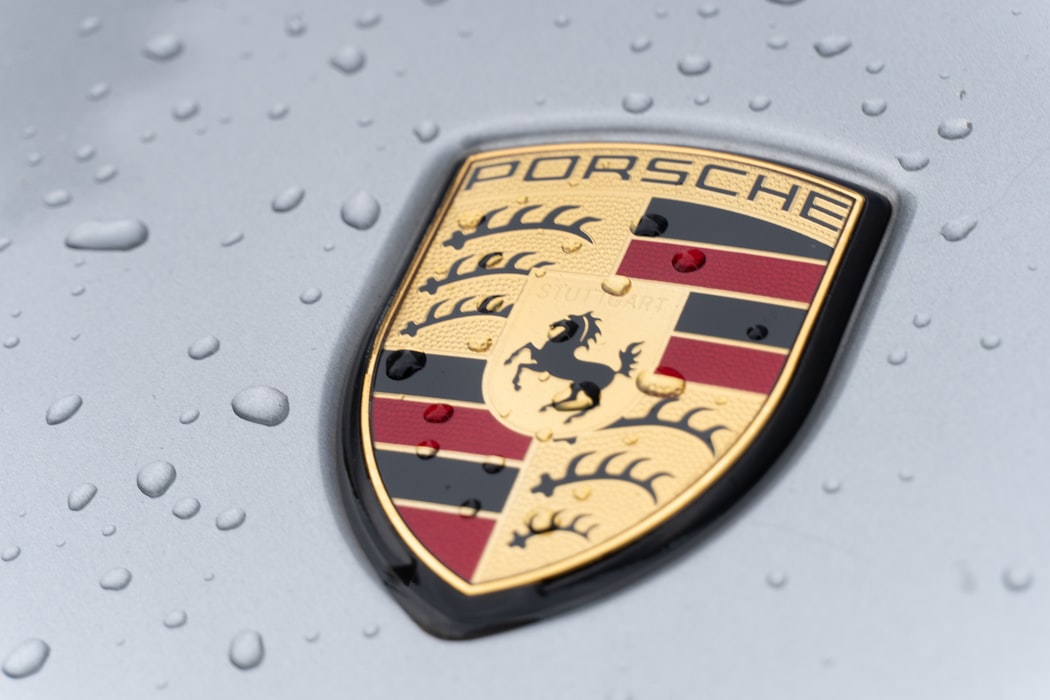
4/ Before the announcement, the short interest was approximately 13% of the outstanding shares, a number considered relatively low.
Porsche had a 30% stake, the Lower Saxony government fund held 20% of the shares, and another 5% was held by index funds.
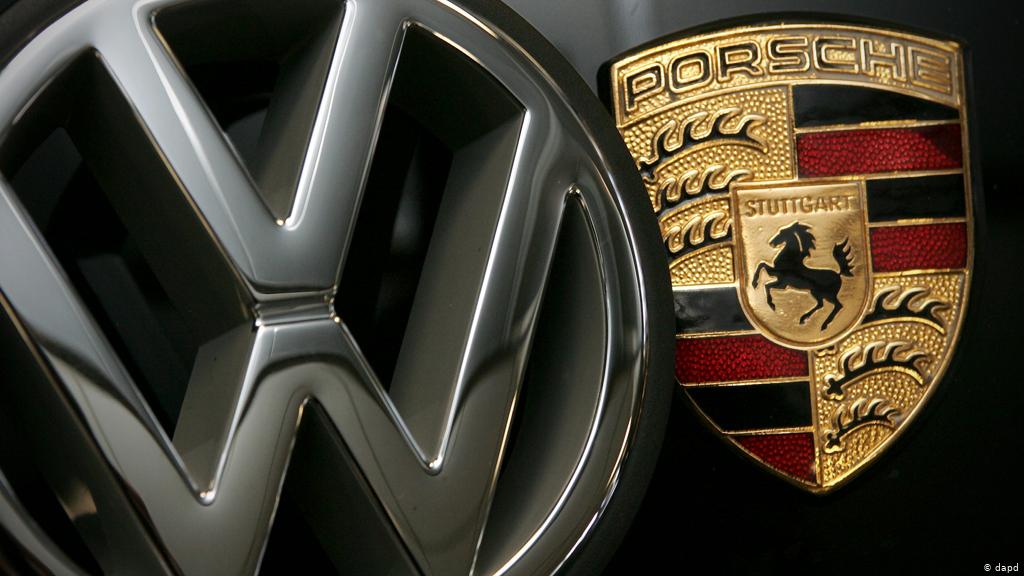
More from Finance
All NL-customers at British banks may thus be kicked out on brexit.
Thread
/1
If we start with the capital requirements directive, it says attracting deposits is forbidden. In article 9.
https://t.co/RYl7SXligC

Now the translation of that rule into Dutch law is slightly expanded to not only prohibit attracting deposits, but to also prohibit, having those deposits under custody ('ter beschikking hebben').
That's not in EU law, but it is in our Dutch law.
https://t.co/PsbWfNY3PA

So if you wonder how this would work out for UK banks and Payment institutions servicing Dutch customers. Have a read at the technical explanation of DNB, the financial supervisor and their summarising table.
https://t.co/LL0fAnYkRJ
Passive servicing of Dutch is not allowed!

Any bank or PSP in the UK that continues to serve Dutch customers (as in retail customers, professional players are excepted) can thus be subject to fines and policing under Dutch law.
Meaning we not only have Accidental American issues in payments, but also Accidental Dutchies
• 8 powerful ways to use Twitter
• Power of Stocks
• 14 Trading Strategies
• Basics of Derivatives (3 parts)
• Technical Analysis for all sectors
• Tweets of the week
• Books on Futures
All the Top 10 tweets threads I have ever posted to date:
Every week, I post a thread with the top ten tweets.
— Aditya Todmal (@AdityaTodmal) January 7, 2022
People seem to enjoy these a lot.
\U0001f9f5 Here's a list of all of them in order of appearance: \U0001f9f5
Basics of Derivatives Part 1:
\U0001d401\U0001d41a\U0001d42c\U0001d422\U0001d41c\U0001d42c \U0001d428\U0001d41f \U0001d403\U0001d41e\U0001d42b\U0001d422\U0001d42f\U0001d41a\U0001d42d\U0001d422\U0001d42f\U0001d41e\U0001d42c
— Nikita Poojary (@niki_poojary) January 8, 2022
\u2022 What is a derivative
\u2022 Various derivative products
\u2022 Participants in derivatives market
\u2022 Uses of derivative instruments
\u2022 Beta & hedge ratio
\u2022 Option Greeks
Time for a Thread \U0001f9f5
Curated in collaboration with @AdityaTodmal pic.twitter.com/x6IHoQubOT
8 powerful ways to use Twitter:
Most of the Trading community doesn\u2019t know how to use Twitter effectively.
— Aditya Todmal (@AdityaTodmal) January 15, 2022
Here are 8 powerful ways to use Twitter: \U0001f9f5
Collaborated with @niki_poojary pic.twitter.com/TuZt72PIzd
Basics of Derivatives Part 2:
\U0001d401\U0001d41a\U0001d42c\U0001d422\U0001d41c\U0001d42c \U0001d428\U0001d41f \U0001d403\U0001d41e\U0001d42b\U0001d422\U0001d42f\U0001d41a\U0001d42d\U0001d422\U0001d42f\U0001d41e\U0001d42c - \U0001d40f\U0001d41a\U0001d42b\U0001d42d \U0001d408\U0001d408
— Nikita Poojary (@niki_poojary) January 15, 2022
\u2022 How options can be used
\u2022 How to trade in options & exit strategy- buyers
\u2022 Imp of theta decay
\u2022 How to trade in options & exit strategy -sellers
Time for a Thread\U0001f9f5
Curated in collaboration with@AdityaTodmal pic.twitter.com/Ebd99afDKB
You May Also Like
இது சூரிய குலத்தில் உதித்த இராமபிரானுக்கு தமிழ் முனிவர் அகத்தியர் உபதேசித்ததாக வால்மீகி இராமாயணத்தில் வருகிறது. ஆதித்ய ஹ்ருதயத்தைத் தினமும் ஓதினால் பெரும் பயன் பெறலாம் என மகான்களும் ஞானிகளும் காலம் காலமாகக் கூறி வருகின்றனர். ராம-ராவண யுத்தத்தை

தேவர்களுடன் சேர்ந்து பார்க்க வந்திருந்த அகத்தியர், அப்போது போரினால் களைத்து, கவலையுடன் காணப்பட்ட ராமபிரானை அணுகி, மனிதர்களிலேயே சிறந்தவனான ராமா போரில் எந்த மந்திரத்தைப் பாராயணம் செய்தால் எல்லா பகைவர்களையும் வெல்ல முடியுமோ அந்த ரகசிய மந்திரத்தை, வேதத்தில் சொல்லப்பட்டுள்ளதை உனக்கு
நான் உபதேசிக்கிறேன், கேள் என்று கூறி உபதேசித்தார். முதல் இரு சுலோகங்கள் சூழ்நிலையை விவரிக்கின்றன. மூன்றாவது சுலோகம் அகத்தியர் இராமபிரானை விளித்துக் கூறுவதாக அமைந்திருக்கிறது. நான்காவது சுலோகம் முதல் முப்பதாம் சுலோகம் வரை ஆதித்ய ஹ்ருதயம் என்னும் நூல். முப்பத்தி ஒன்றாம் சுலோகம்
இந்தத் துதியால் மகிழ்ந்த சூரியன் இராமனை வாழ்த்துவதைக் கூறுவதாக அமைந்திருக்கிறது.
ஐந்தாவது ஸ்லோகம்:
ஸர்வ மங்கள் மாங்கல்யம் ஸர்வ பாப ப்ரநாசனம்
சிந்தா சோக ப்ரசமனம் ஆயுர் வர்த்தனம் உத்தமம்
பொருள்: இந்த அதித்ய ஹ்ருதயம் என்ற துதி மங்களங்களில் சிறந்தது, பாவங்களையும் கவலைகளையும்

குழப்பங்களையும் நீக்குவது, வாழ்நாளை நீட்டிப்பது, மிகவும் சிறந்தது. இதயத்தில் வசிக்கும் பகவானுடைய அனுக்ரகத்தை அளிப்பதாகும்.
முழு ஸ்லோக லிங்க் பொருளுடன் இங்கே உள்ளது https://t.co/Q3qm1TfPmk
சூரியன் உலக இயக்கத்திற்கு மிக முக்கியமானவர். சூரிய சக்தியால்தான் ஜீவராசிகள், பயிர்கள்



